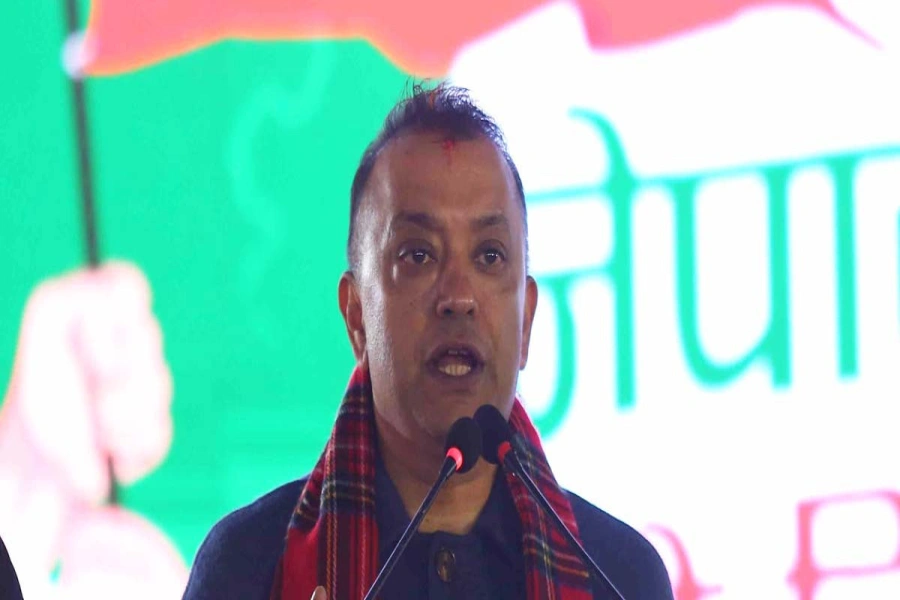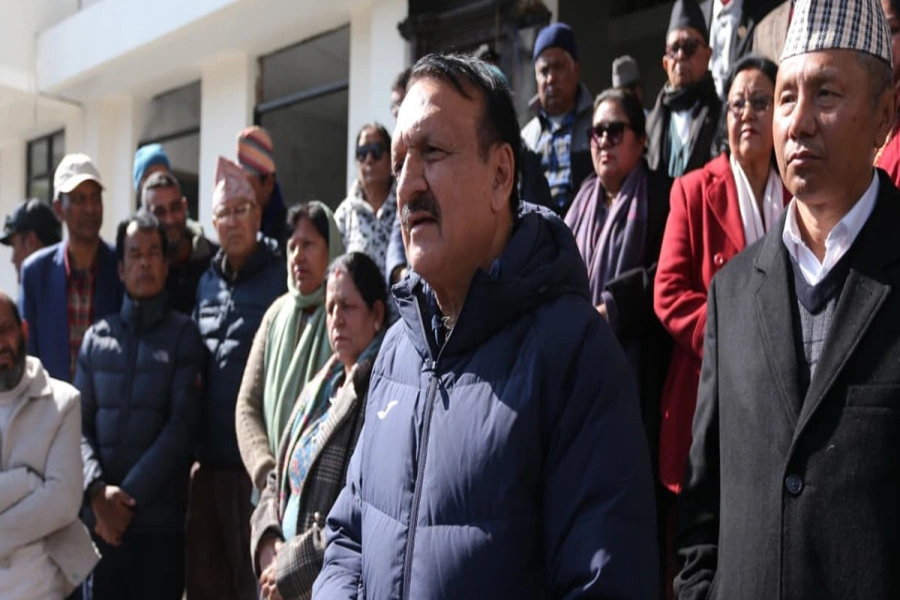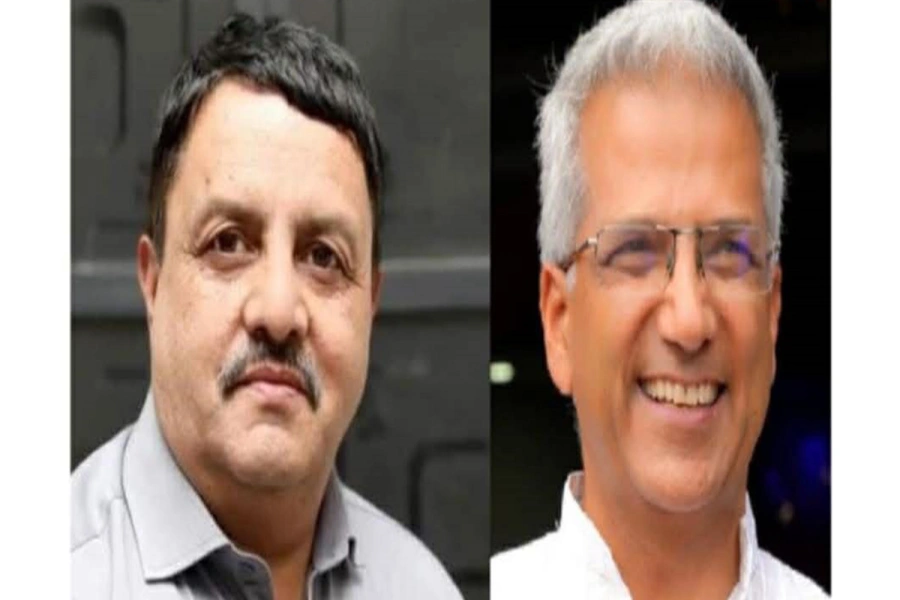KATHMANDU, April 19: As the second wave of the corona virus continues to ravage the world, scientists have found ten pieces of evidence related to the transmission of the deadly virus through air. The evidence is revealed by a study report which was published last year in The Lancet, a prestigious medical journal.
The study was conducted by Oxford University and five American scientists from various institutions. The first report attributed the spread of the virus to large gatherings, events and in many cases by air. Also, a detailed review of human behavior and interactions while in crowded areas like concerts, ships and care homes, among other places, showed that the virus could spread over a long range.
The second study has shown that the virus can be transmitted to people living in different rooms of a quarantine hotel who are not in contact with each other. Further studies suggest that at least 33 to 59 percent of the world’s corona infections are transmitted by individuals who have pre-symptoms or no symptoms. Scientists have considered this to be the third evidence that indicates the transmission of the deadly virus through air.
Bharat Biotech's COVID-19 shot safe, produced immune response i...

Fourth evidence suggests that coronavirus infection is more common indoors than outdoors, and that the transmission could be greatly reduced when indoor ventilation is provided. Scientists claim that both of their results confirm the virus’s transmission through air. Moreover, the fifth evidence is nosocomial infections in hospitals and certain health care providers where personal protective materials (PPE) are used. In such places, physical contact and infection through tiny particles are minimized. However, airborne infections are prevented in these places. Also, sixth evidence shows that tests carried out in various laboratories have taken into account the fact that the virus can float in the air for up to three hours with a half-life of 1-1 hours.
The study also claims to have found the virus in samples from the living rooms and cars of COVID-19 patients. Although other studies have suggested that samples of the virus are not possible to collect in the air. Further studies have also claimed that bacteria from major airborne diseases such as measles and Tuberculosis have never been collected from the air and that such a task would be challenging.
In addition, scientists have found samples of the virus in air filters of the hospitals where COVID-19 are kept which they claim to be the seventh evidence of the virus being airborne. A study showed that animals kept in different cages but using the same air duct found the transmission of the virus through tiny particles in the air which scientists claim is the proof of the virus being airborne.
Also, researchers have not provided factual data or evidence that suggests the transmission of the corona virus is not possible by air, which scientists also claim is evidence for the virus being airborne. Researchers have cited the lack of evidence to prove that the virus is mainly transmitted through respiratory infection and physical contact with an infected person, which scientists have considered to be another evidence regarding the virus’s transmission through air. Although evidence of the contagious virus transmission in people close to each other is evident, scientists in the study report argue that the tiny particles are more likely to be responsible for higher infections than large respiratory particles.




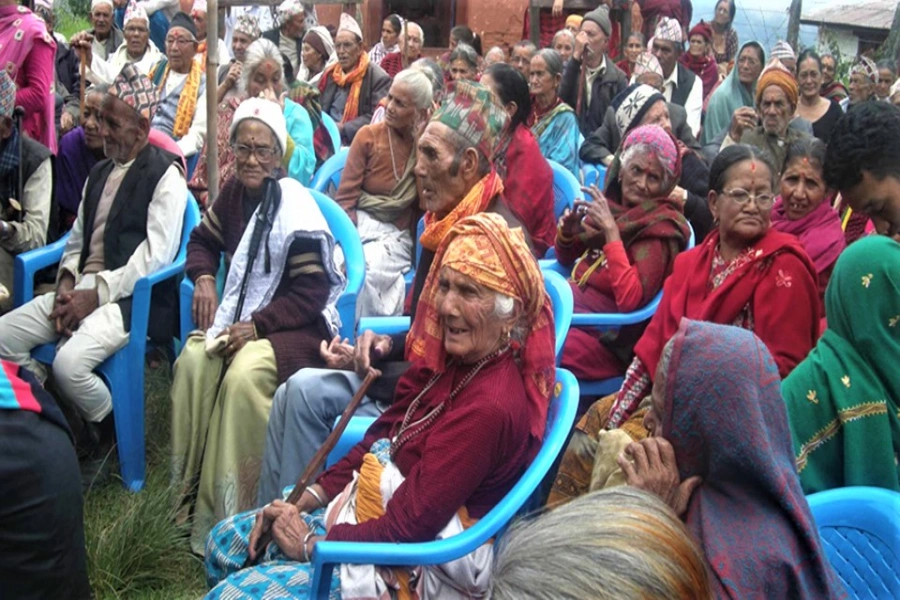

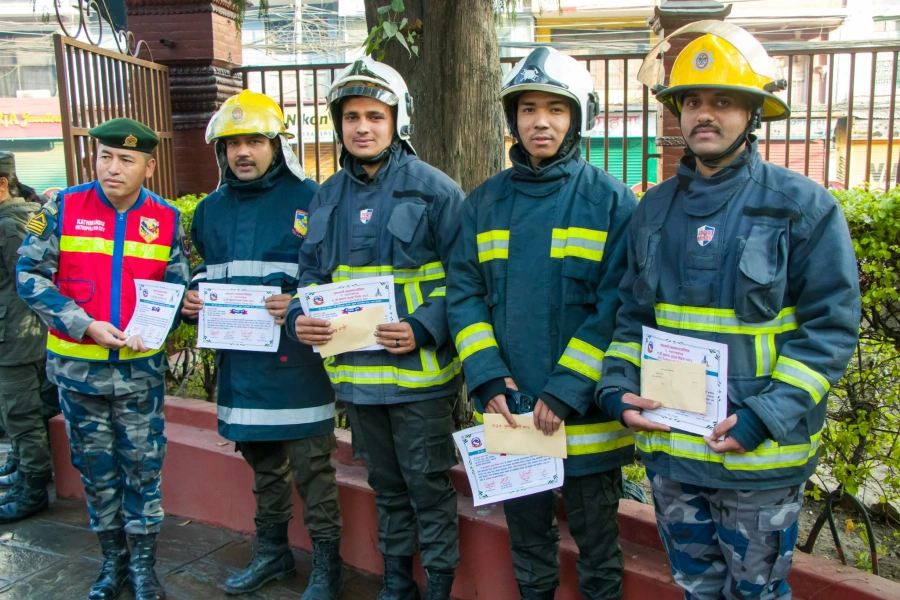

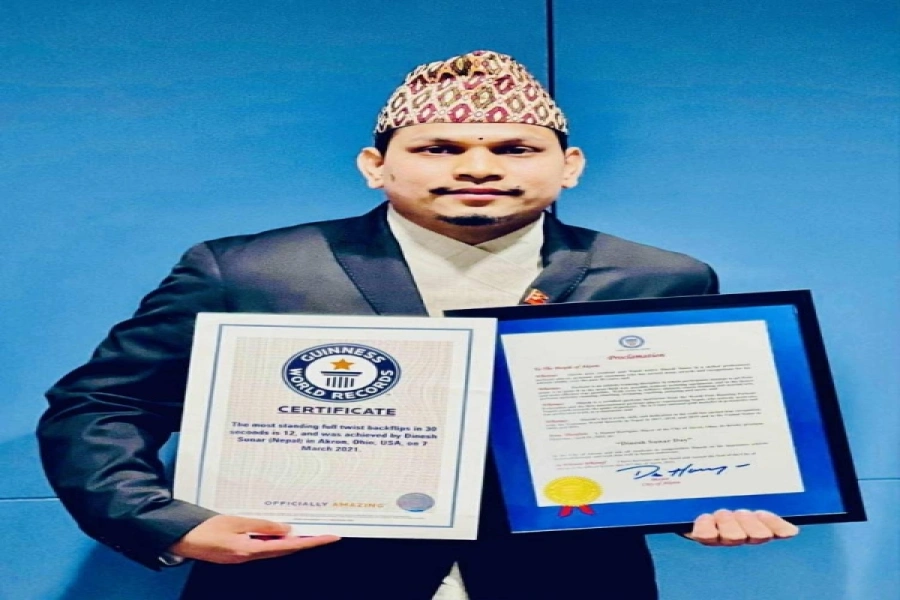


_20200814192758.jpg)






